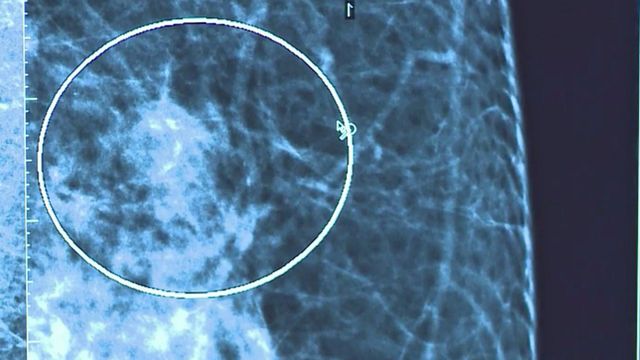UNC researchers mapping cancer genes
Cancer researchers know that the key to beating the disease lies in discovering its many genetic identities.
Posted — UpdatedCancer researchers know that the key to beating the disease lies in discovering its many genetic identities.
By 2008, all cancer-related DNA data in The National Institutes of Health represented 100 billion base pairs of DNA. UNC researchers worked with 10 other centers to analyze more than 3,500 tumors from 12 different tissue types, including breast, bladder or lung cancers.
“The amount of data we looked at with this project is the largest to date in any one given project,” said Katherine Hoadley, assistant professor of genetics at UNC.
They found one in 10 cancers should be re-classified, which meaning 10 percent of patients should be receiving different therapies.
In one cancer site, such as the breast, they found four distinct cancer types. The researchers also found some tumor types appear in more than one tissue type.
“Now we can see that bladder cancer is not just one disease, but it's probably three different kinds,” said Chuck Perou, a professor of genetics and pathology at UNC.
The project's results may help doctors more accurately diagnose cancer. It could also help pharmaceutical companies develop more targeted drug therapies, reduce side effects and improve a patient's odds of survival.
• Credits
Copyright 2024 by Capitol Broadcasting Company. All rights reserved. This material may not be published, broadcast, rewritten or redistributed.





